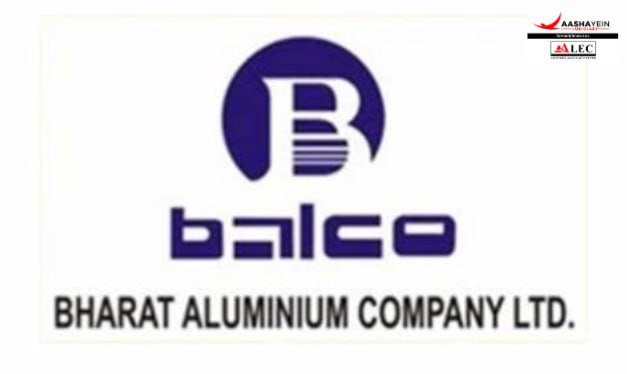FACTS IN BRIEF
During India's economic reforms, the Public Sector Disinvestment Commission recommended privatizing the government-owned company BALCO. Initially, the plan was to sell 40% of its shares immediately and reduce the government’s ownership to 26% within two years, with the long-term goal of complete disinvestment. However, the proposal was later revised to include the transfer of 51% of the government’s ownership along with management control. This revised plan was approved by the Cabinet Committee on Disinvestment.
Following this decision, the government issued advertisements and conducted a detailed selection process, ultimately choosing M/S Sterling Co. as the strategic partner. Sterling Co. agreed to pay ₹551 crores for the 51% stake. The matter was also discussed in Parliament, but attempts to oppose the disinvestment failed in both the Rajya Sabha and the Lok Sabha. The decision to transfer the government’s stake in BALCO was subsequently challenged in the Supreme Court and various High Courts.
Issues
The Court consolidated the claims and identified the following legal issues for consideration:
- Judicial Review of Executive Policies: Can the judiciary review the validity and rationale of executive decisions and policies?
- Constitutional Validity of BALCO's Disinvestment: Does the decision to disinvest BALCO comply with constitutional principles and legal requirements?
You can also read the Blog by visiting [Blog]
For more information, visit [Aashayein Enquiry Section]
ARGUMENTS
The arguments presented in the case can be categorized as follows:
Arguments Against Disinvestment:
Loss of Constitutional Protections: It was argued that the disinvestment resulted in the workmen losing their rights and protections under Articles 14 and 16 of the Constitution. Since this constituted an adverse civil consequence, the workmen were entitled to a hearing during the disinvestment process.
Denial of Employee Shares: In similar cases, 5% of the shares are usually allocated to employees, but this was not done in the present case, making the disinvestment process unsustainable.
Arguments in Favor of Disinvestment:
Public Interest Justification: The government contended that public sector companies were facing increasing financial difficulties, and disinvestment was necessary to serve the public interest and ensure economic efficiency.
Policy Discretion: It was argued that the wisdom and advisability of economic policies, including disinvestment, fall within the government's discretion and are not subject to judicial review.
JUDGMENT
The government's decision to disinvest BALCO was affirmed by the Supreme Court as constitutional, highlighting the fact that economic policy decisions remain the purview of the executive branch and are not open to judicial review. The Court determined that the legal complaints against the disinvestment were without merit and dismissed them. It made the argument that workers in government-owned businesses have no more rights than those of government employees and cannot protest ownership or management changes on the grounds of social security or employment safeguards. The Court also explained that choices pertaining to economic policy, including disinvestment, are exempt from natural justice requirements, such as giving employees a hearing prior to the decision. The court was of the opinion that as a shareholder under the Companies Act, the government has the right to transfer its shares in a company it owns or operates.
The Court also took a firm stance on the misuse of Public Interest Litigations (PILs), cautioning against frivolous petitions and setting a precedent for their dismissal at the outset if substantial public interest is not established. It underscored that public interest is paramount in governance and endorsed the government’s authority to prioritize economic decisions like disinvestment to protect productive assets, safeguard employment, and reduce the financial strain on public resources. This decision aligns with the growing recognition of market mechanisms as an effective means of managing economic challenges.

